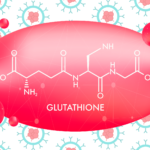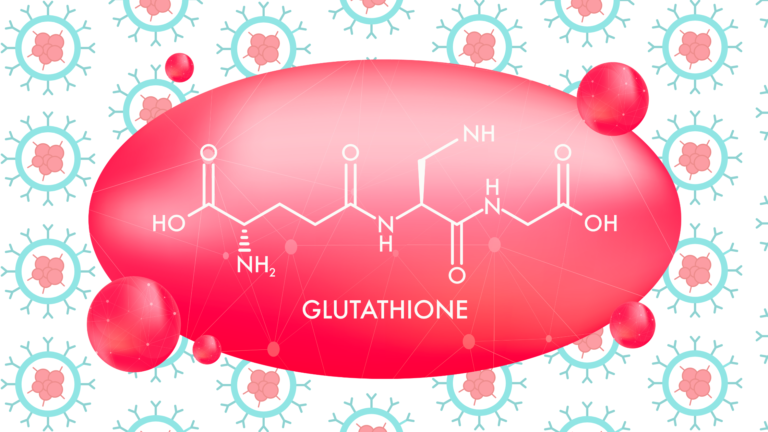
Berdi
urinary Track Health
Alcohol has long been a part of human culture and social gatherings. However, its excessive consumption can have detrimental effects on various aspects of your health, with one of the most critical being its link to liver damage.
In this comprehensive article, we will delve into the intricate relationship between alcohol and liver damage, exploring the risks involved, backed by credible research and expert opinions.
Before we can fully grasp the connection between alcohol and liver damage, it’s essential to comprehend the liver’s role in our body. The liver is a remarkable organ responsible for numerous vital functions, including detoxification, metabolism, and the production of essential proteins. When it comes to alcohol, the liver plays a central role in processing and eliminating it from the body. The liver is responsible for metabolizing over 90% of ingested alcohol.
Alcohol and liver damage are intricately linked due to the liver’s role in alcohol metabolism. When we consume alcohol, the liver breaks it down into acetaldehyde, a toxic substance, and then further metabolizes it into harmless acetate. However, excessive alcohol consumption can overwhelm the liver, leading to a range of liver-related issues.
One of the initial stages of alcohol-induced liver damage is alcoholic fatty liver disease (AFLD). In this condition, the liver accumulates fat due to the disruption of normal fat metabolism caused by excessive alcohol consumption. AFLD is often the earliest manifestation of alcohol-related liver damage, affecting up to 90% of heavy drinkers, as noted by the National Institute on Alcohol Abuse and Alcoholism (NIAAA).
If alcohol abuse continues, it can progress to alcoholic hepatitis, a severe inflammation of the liver. This condition can be life-threatening and requires immediate medical attention. A study reports that alcoholic hepatitis is strongly associated with excessive alcohol consumption and can lead to a high mortality rate.
The most advanced stage of alcohol-related liver damage is cirrhosis, where healthy liver tissue is replaced by scar tissue. Cirrhosis significantly impairs liver function and can be irreversible. Research confirms that long-term alcohol abuse is the primary cause of cirrhosis, responsible for approximately 48% of cirrhosis cases in the UK.

It’s important to note that not everyone who consumes alcohol will develop liver damage. Individual factors such as genetics, overall health, and drinking patterns significantly determine the risk. Some individuals may be more genetically predisposed to liver damage from alcohol, while others might be more resilient. A study in the Journal of Hepatology and Gastrointestinal Disorders suggests that genetic factors can influence an individual’s susceptibility to alcohol-related liver damage.
Understanding the link between alcohol and liver damage underscores the importance of responsible alcohol consumption. To minimise the risk of liver damage, it’s essential to follow established guidelines:

In conclusion, the link between alcohol and liver damage is a well-established fact supported by extensive research and medical evidence. The liver’s central role in metabolising alcohol makes it vulnerable to damage when excessive amounts are consumed. It’s crucial for individuals to be aware of the risks associated with alcohol consumption and to adhere to safe drinking guidelines to protect their liver health. Remember, your liver plays a vital role in maintaining overall well-being, so it’s worth taking the necessary steps to keep it healthy.
By understanding the connection between alcohol and liver damage and making informed choices, you can safeguard your liver and enjoy a healthier life.










©2023 Route2Health®️
NTN: 2229383
AN ASSOCIATED COMPANY OF HIGHNOON LABORATORIES
STRN: 0301999937728

WhatsApp us
